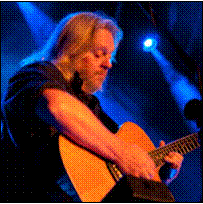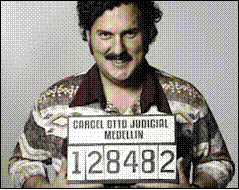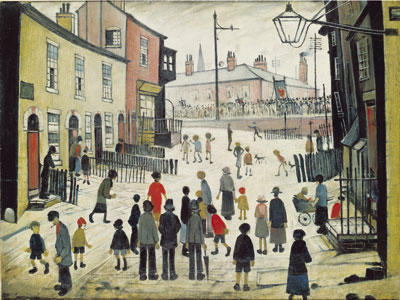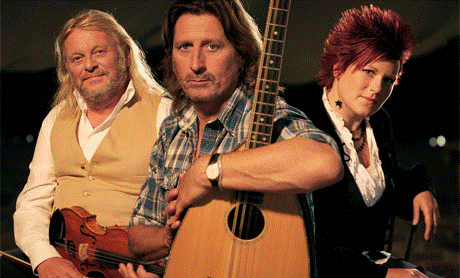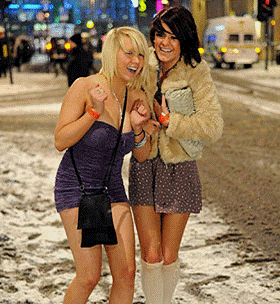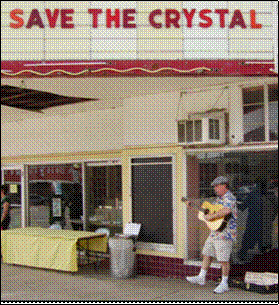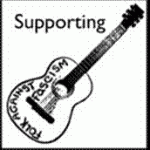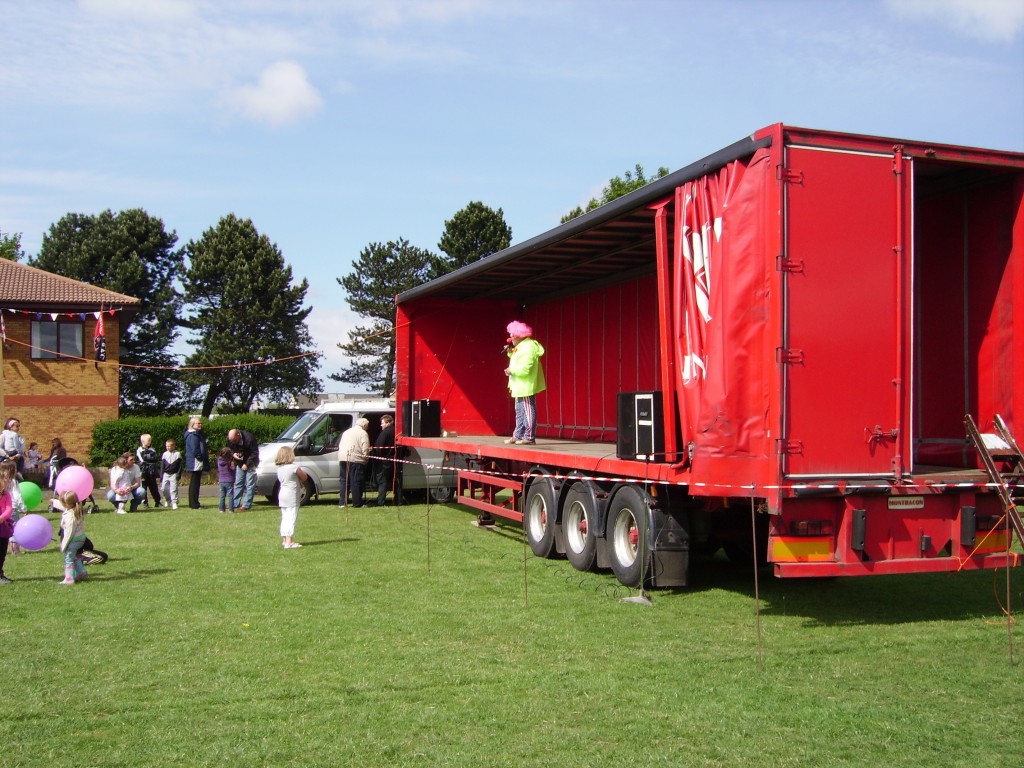 Interview with Folk Words online magazine, April 2012.
Interview with Folk Words online magazine, April 2012.
Contact: http://www.folkwords.com
‘The Singer Songwriter’s Last Stand’ is both a book and an album. Neither is totally autobiographical. Neither is inextricably linked to the other. However, there’s an affinity between the two worth investigating. We decided to explore the world behind the album and the book with their creator Maurice Baker.
FW: An album and book together – what was the inspiration?
MB: Whenever I hear songs I often think about the ‘back-story’ behind them – ‘there must be more to it than just the songs’. I decided to put some of my songs into a story and extend their themes. I’ve previously written a few children’s novels so thought I’d try to explore the wider narrative behind some of my songs by creating a story.
FW: How did you invent the Arthur Grimsby character in the book?
MB: When I first started singing in folk clubs in the 60’s the singer songwriter frequently received a tough reception. In fact, in some places it still happens today. And it’s not only in purely traditional folk clubs. When you say you’re a singer songwriter some people look askance at you. It’s as if they’re amazed that you have the temerity to write and perform your own material. So I used to say that my songs were written by this fictional character called Arthur Grimsby – and it just stuck.
FW: The book is about Alwyn Stevens, billed as your alter-ego and Arthur Grimsby, a ghostly musician. Where do reality and fiction part company?
MB: Once I had the initial idea I decided to develop the Arthur Grimsby character. Who was he? What was he like? So although he’s fictional he is based on a number of personal incidents and experiences. As he ‘developed’ I realised this was the way to write the book. There’s also an influence from people I knew or admired. In some way a song from the album inspires each chapter in the book – although the connection isn’t necessarily literal.
FW: Do the book and album carry a serious note despite the humour?
MB: The story began as a joke many years ago when I won an East of England song writing competition. We played on the stage at the Marquee club in Wardour Street – this was something special. It forged a lot of memories. There’s a room behind stage (you wouldn’t call it a Green Room) with performers’ names scratched into the paint – a lot of history there. Anyway we all got pretty short shrift from the audience and ‘The Singer-Songwriter’s Song’ sums up a lot of my feelings, even though I embellished the outcome.
There’s observational humour; perhaps it’s a little tongue in cheek but it works for me. We’ll have to see if it works for the audience. There’s also the desire to convey experiences using humour rather than get too deep into a subject at a serious level.
FW: Does flow of the book mirror any specific sequence of events?
MB: Quite a lot of the personal things are true as is the timing. However, you do have to embellish or delete elements that could bore your readers or possibly put you in prison. So I’ve modified events accordingly.
FW: Did you do any direct research for the book?
MB: A trip to America was integral to the book. I investigated a lot of material on Woody Guthrie and found this festival in Oklahoma. They don’t just feature his songs but songs in the ‘spirit’ of Woody Guthrie. They had this song writing competition and I thought ‘why not?’ I submitted three songs and much to my surprise I won a prize. This gave me the chance to play on the main stage. It was an amazing feeling – almost like going home.
When you travel it’s a double edged sword. Part of you likes the adventure and part is awestruck by the fact that you’re far away from everyone. Then something happens that makes you feel as though you’re where you belong. So my fictional characters and songs take in some of those elements.
FW: Was that event a contributing influence to the singer songwriter theme?
MB: There are lots of places to sing in America. Many that seem more accepting of singer songwriters than we are here – there’s no feeling that you’re being a bit presumptuous singing your own songs. It’s as though they expect it rather than being suspicious of it.
FW: So the inspiration is Guthrie’s music?
MB: His influence and those of people like Kerouac took the story beyond being ‘something inside my head’ into the real world. Guthrie took his influences from all over the place and I do too. For instance the song ‘Risk of Explosion’ is based on one incident.
On the road to Whitley Bay there is sign in an empty field – an old industrial site – saying: “Warning Risk of Explosion.” After I’d passed it a few times I asked people about it and no one really knew. But it just stuck in my head. That’s why I put it into the introduction of the book. It’s back to wondering where songs come from, not only from experience, people and places but also from a sign at the side of the road.
FW: So that song wasn’t written specifically for the book?
MB: No, I didn’t write that song for the book but I’m trying to say the influences come from all over the place and from anywhere in time. I’m writing about things I’m experiencing now but with memories that come from years ago. My father died when I was very young and I wasn’t really aware the effect it had on me, or influenced the directions the I took and the way I thought. The journey of the book and album includes re-discovering my own past and where I am right now.
FW: ‘The Hard Travelling Man’ – is that an homage to Guthrie?
MB: In some ways I see it as a bit of a corny song but I really enjoy singing it – I suppose it is a bit of a homage.
FW: With a career as a teacher and a children’s author how did the return to music come about?
MB: I drifted away from the folk music scene for lots of reasons – you can only fit so much into your time. Then one day saw an advert for a local folk club and went along and I found my way back into performing music. That’s one aspect I like performing – I also like albums that reflect performances.
When artists create an album sometimes it doesn’t really do justice to the song and the live performance. There was a singer songwriter I heard when I was in America. He was really good so I bought his album. Now, although it was well produced the album could have been anyone it simply was not the artist I heard – that’s why I strive for an unadulterated feel to my songs.
FW: Did you plan any links between the songs and the book?
MB: There is no direct link between the songs and the book as such. There were certain songs I wanted to include even if I didn’t know how I was going to do it. To be honest I couldn’t find a real plan. It grew organically. It’s a bit like travelling when you’re young – you set off for somewhere but without a plan have and no real idea about how you’re going to achieve your goals but sometimes they just happen. As I said, the germ of an idea was something I’d had in the back of my mind for years. Then as it grew it took on a certain life of its own.
FW: Will we hear more about Alwyn Stevens and Arthur Grimsby one day?
MB: In my head the book is a trilogy telling their story and recording their experiences. The ideas are there and I want to take it on to the next stage. We just have to see what develops. The influences, my experiences and the people – Guthrie, Ginsberg and Kerouac – won’t going away it’s just harnessing them that takes the time.
Tim Carroll – April 2012

![2221088_bd2018ec[1]](https://mauricebaker.co.uk/wordpress/wp-content/uploads/2013/06/2221088_bd2018ec11.jpg)
